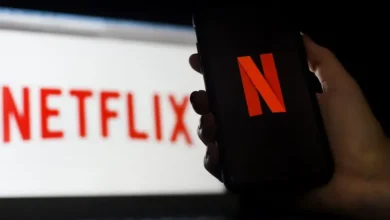Twelve US senators back giving Commerce secretary new powers to ban TikTok

A bipartisan group of 12 US senators will introduce legislation on Tuesday that would give Commerce Secretary Gina Raimondo new powers to ban Chinese-owned video app TikTok and other foreign-based technologies if they pose national security threats, Senator Mark Warner said.
“I think it is a national security threat,” Warner said on CNBC, adding that the bill would give Raimondo “the ability to do a series of mitigation up to and including banning” TikTok and other technologies that pose national security risks. Warner said it would apply to foreign technologies from six nations — China, Russia, North Korea, Iran, Venezuela and Cuba.
The group, led by Warner and Republican Senator John Thune, includes Democrats Tammy Baldwin, Joe Manchin, Michael Bennett, Kirsten Gillibrand and Martin Heinrich along with Republicans Deb Fischer, Jerry Moran, Dan Sullivan, Susan Collins and Mitt Romney, Warner’s office said.
The senators are holding a press conference at 3 pm EST to unveil the measure.
TikTok, the ByteDance-owned app used by more than 100 million Americans, has come under increasing fire over fears user data could end up in the hands of the Chinese government, undermining Western security interests. TikTok Chief Executive Shou Zi Chew is due to appear before Congress on March 23.
The White House has provided input on the senators’ draft legislation, Warner told CNBC. The White House on Monday declined to say if it would endorse the Senate bill.
The House Foreign Affairs Committee last week voted along party lines on a bill sponsored by Representative Michael McCaul to give Biden the power to ban TikTok after then-President Donald Trump was stymied by courts in 2020 in his efforts to ban TikTok and Chinese messaging app WeChat.
Democrats opposed McCaul’s bill, saying it was rushed and required due diligence through debate and consultation with experts. Some major bills aimed at China like a chips funding bill took 18 months to win approval. McCaul said he thinks the full U.S. House of Representatives could vote on bill this month.









